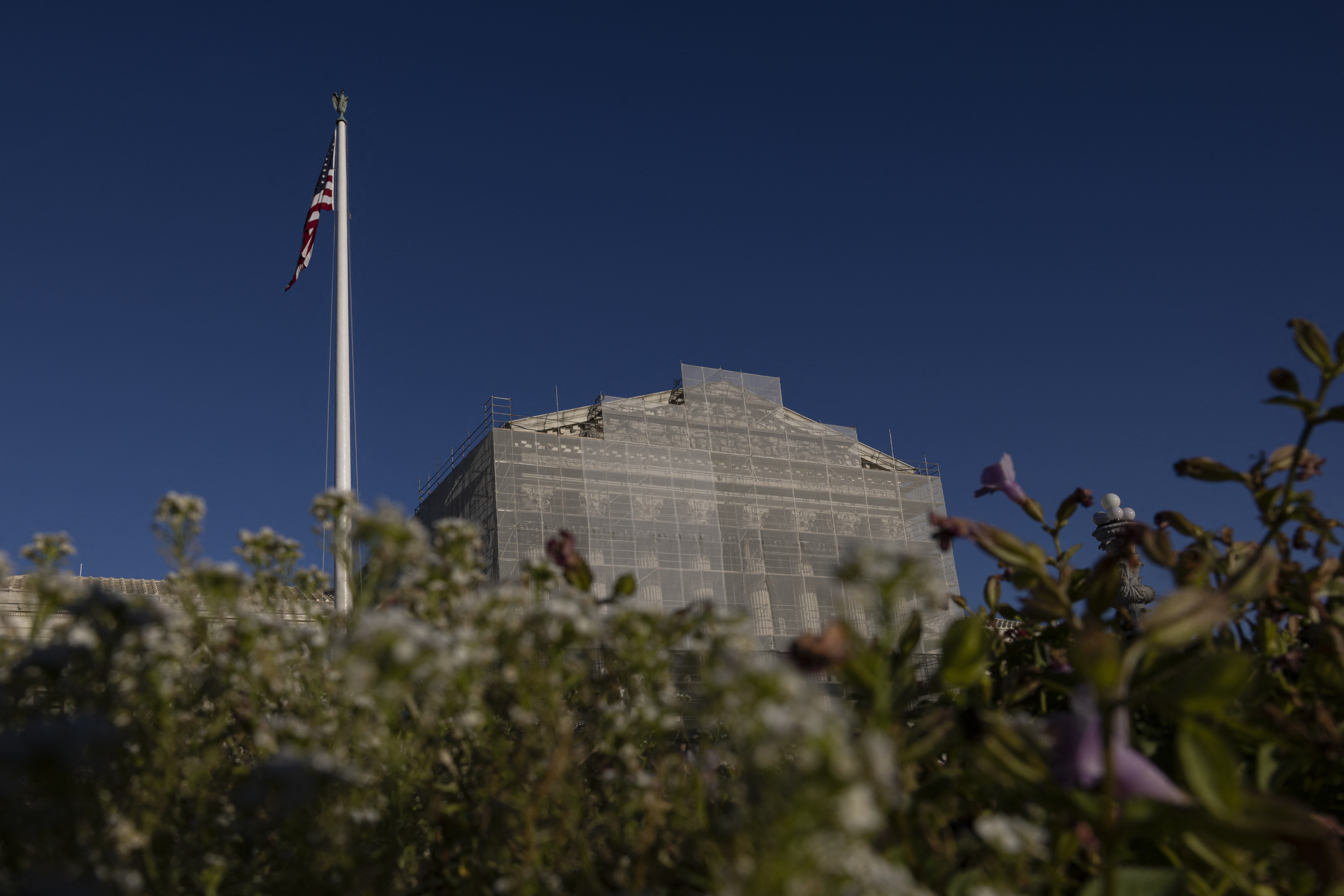Summary
The U.S. Supreme Court heard a case involving Illinois voting rules, where a candidate, Rep. Michael Bost, sued over mail-in ballot regulations even though he won his election. The court questioned whether Bost could show personal harm from the rules and discussed the broader implications of letting candidates easily challenge election procedures.
Key Facts
- The case is about Illinois voting rules that allow counting mail-in ballots received up to 14 days after Election Day.
- Rep. Michael Bost, who won his election, challenged the rule, claiming it lowered his margin of victory.
- Lower courts ruled against Bost, saying he wasn't personally harmed by the regulation.
- Bost argued the prolonged vote count required him to pay staffers, impacting him financially.
- Justices questioned the validity of Bost's claims, noting he wasn't directly harmed.
- The case also explored if any candidate, regardless of their chance of winning, should challenge election rules.
- The court raised concerns about potential bias if candidates frequently sued over election procedures.
- Discussions included whether the rules disadvantage Republican candidates and favor Democrats.

